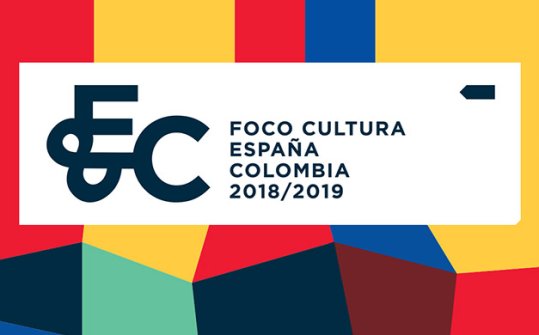It is a curved architectural sculpture made from a lattice of engineered beech and it forms a permanent ‘room within a room’ at the heart of the new "Reading Room" was presented for the first time in the exhibition "Drama turquesa" at the MARCO Museum. Seating up to 30 people, this library will be used as a space for events, discussions, and salons. Occupying a pivotal space – both architecturally and in terms of the narrative of the galleries – it offers visitors an opportunity to pause and reflect, with access to books and ideas.
The "Reading Room" created by artists for the NC-art museum contains a series of books chosen according to specific themes and presents a series of activities that challenge the conventional idea of "reading", expanding this concept beyond the text written. In order to develop this idea of an expanded reading, the book hosts a series of sessions 'Reading Groups', which propose reading as a communication system or an interpretation model centered on three genres: literary, body and object.
Fascinated by the intersection between art and everyday life, Los Carpinteros (The Carpenters) merge architecture, design, drawing, and sculpture in quirky and unpredictable ways. Their carefully crafted constructions advance a humorous visual language of contradiction and transformation—like the utilitarian versus the useless and form versus function. Their drawings and studies, referencing technical drafts and blueprints, mock the early planning stages involved in making art. Los Carpinteros adopted the name for their collective in 1994 to embrace the guild tradition of artisans and skilled laborers.



